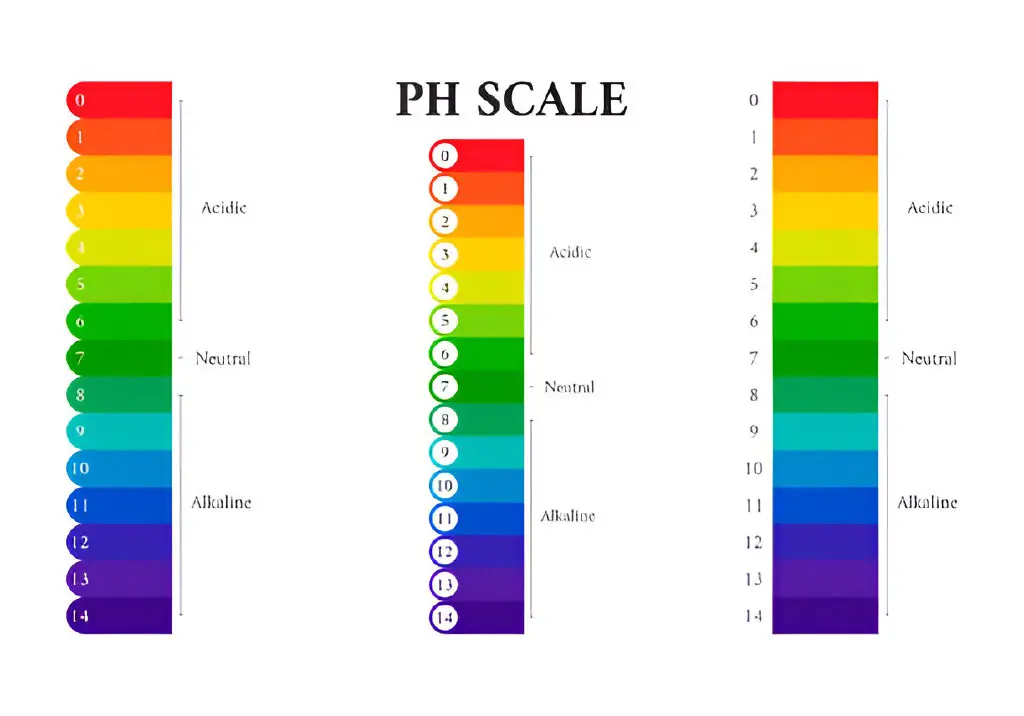Are Macadamia Nuts Acidic or Alkaline? Understanding Their Impact on Your Diet

Macadamia nuts are a beloved snack and a versatile ingredient. Their rich, buttery flavor and crunchy texture make them a favorite. Macadamia nuts add indulgence to any meal. Use them on salads, in cookies, or eat them from the bag.
But beyond their taste and texture, there’s a nutritional aspect that often gets overlooked: their pH level. Are macadamia nuts acidic or alkaline, and how does this affect our diet and health?
So, where do macadamia nuts fit into this equation? Do they tip the scales towards acidity? Or, can they help maintain the alkaline balance that many health fans seek?
This article will answer if macadamia nuts are acidic or alkaline. It will explain how this affects your diet and health. We’ll explore the science of pH levels. We’ll dive into macadamia nuts. Then, we’ll give tips for adding them to a balanced diet.
Macadamia Nuts: A Snapshot of Their Nutritional Profile
Before we dive into the pH levels, let’s first get to know macadamia nuts a bit better. These little gems are packed with nutrients. They include healthy monounsaturated fats, vitamins, and minerals. A typical serving of macadamia nuts (about 1 ounce or 28 grams) provides:
| Nutrient | Amount Per 1 oz (28g) |
| Calories | 200 |
| Total Fat | 21g |
| Saturated Fat | 3.4g |
| Carbohydrates | 4g |
| Protein | 2g |
| Fiber | 2.4g |
| Magnesium | 36mg |
| Vitamin B6 | 0.1mg |
| Iron | 1.1mg |
Macadamia nuts are more than a crunchy snack. They’re high in heart-healthy monounsaturated fats. They also have magnesium, which supports many body functions.
The Acidic vs. Alkaline Debate
Now, let’s get into the nitty-gritty of whether these nuts lean more acidic or alkaline. Understanding this can help you balance your diet and maintain a healthy pH level.
Macadamia nuts fall into the alkaline category on the pH scale. While they are not as alkaline as some other foods like leafy greens or cucumbers, they are still considered less acidic. This makes them a favorable choice for those who are looking to balance their diet and reduce overall acidity in their body.
The pH scale runs from 0 to 14, with 7 being neutral. Anything below 7 is acidic, while anything above is alkaline. Macadamia nuts have a pH level of around 7.5 to 8.0, placing them slightly on the alkaline side of the scale. This means that consuming them can help contribute to a more balanced pH environment in your body.
Why Does pH Matter?

Balancing the pH in your body might sound like something only a chemist would care about, but it’s actually crucial for overall health. An overly acidic environment can lead to various health issues, including inflammation, weakened immune function, and decreased energy levels. Eating more alkaline foods, like macadamia nuts, can help. They can maintain a neutral pH and support your health.
To give you a clearer picture, here’s a brief comparison of some common foods and their pH levels:
| Food | pH Level | Acidic/Alkaline |
| Lemon | 2.0 | Acidic |
| Spinach | 9.0 | Alkaline |
| Macadamia Nuts | 7.5 – 8.0 | Alkaline |
| Chicken Breast | 5.5 – 6.5 | Slightly Acidic |
Potential Drawbacks for pH Balance
When considering the pH balance of your diet, macadamia nuts present both benefits and potential drawbacks. Their high-fat content, while mostly healthy monounsaturated fats, can be a double-edged sword. For those following a low-fat or calorie-restricted diet, the rich fat content in macadamias might pose a challenge. Consuming them in excess could disrupt your dietary balance and impact your overall calorie intake.
Additionally, individuals with specific health concerns related to pH balance should be cautious. For instance, those with acid reflux may find that high fat worsens their symptoms.
Macadamias are less acidic than some other nuts. But, their richness might affect those with sensitive stomachs.
Benefits of Eating Macadamia Nuts
Eating macadamia nuts can significantly benefit your health, particularly for your heart. These nuts are packed with monounsaturated fats, which are known to lower bad cholesterol levels and reduce the risk of heart disease. Macadamias are great for those wanting to support heart health.
In addition to their heart health benefits, macadamia nuts are rich in antioxidants. These antioxidants help combat oxidative stress and inflammation in the body. Macadamias may lower chronic disease risk and boost well-being by reducing inflammation.
Incorporating macadamia nuts into your diet can provide both a tasty and nutritious boost. Their healthy fats and antioxidants can help the heart. They may reduce inflammation, too. So, they are a good addition to a balanced diet.
Incorporating Macadamia Nuts into Your Diet
So, how can you make the most of macadamia nuts and their alkaline nature? Here are a few tasty ways to include them in your diet:
- Snacks: Enjoy them on their own or mixed with other nuts for a satisfying, nutritious snack.
- Salads: Sprinkle chopped macadamia nuts over salads for a crunchy texture and added flavor.
- Smoothies: Blend them into smoothies for a creamy, nutty taste.
- Baking: Use macadamia nuts in baking to add a touch of decadence to cookies, muffins, or bread.
| Related: Macadamia Nuts vs. Pistachios: A Comparison of Flavor, Nutrition, and Uses |
The Bottom Line
Macadamia nuts, with their slightly alkaline pH, offer a tasty way to help balance your diet and support a healthier pH level in your body. Their rich, buttery flavor and nutrients make them a great diet addition. Whether you enjoy them raw, roasted, or baked into your favorite recipes, macadamia nuts can be a delightful and healthful choice.
So, enjoy these delicious nuts. They will help your body’s pH balance. Here’s to enjoying macadamia nuts—because a little nutty goodness never hurt anyone!






